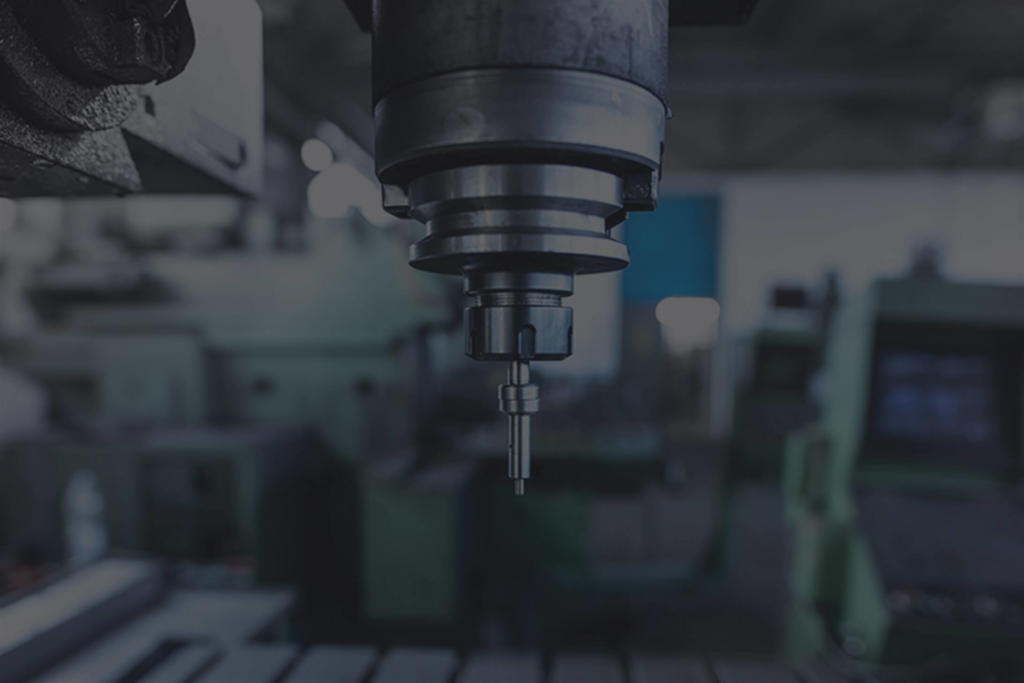Assessing Your Manufacturing Needs
Before buying a CNC router, a thorough assessment of your manufacturing needs is crucial to align the machine with your business goals, ensuring optimal performance and efficiency.
- Material Compatibility Evaluate the types of materials you’ll be working with—acrylic, copper, brass, PVC, foam, MDF, solid wood, fiberglass, etc. Your CNC router must be versatile enough to handle the specific materials you intend to cut.
- Production Volume and Precision Consider the volume of production your business requires and the level of precision needed for your products. This will help determine the robustness and accuracy specifications of the CNC router you need.
Understanding CNC Router Technologies
Familiarizing yourself with the technology behind CNC routers will guide you in choosing a machine that offers the best performance for your applications.
- Drive System Types The drive system, including Rack and Pinion, Lead Screw, and Ballscrew options, directly impacts the machine’s precision and ability to handle larger material sizes as well as maintenance costs during the machines useful life.
- Motor System Options The choice between Servo Motors and Stepper Motors affects the router’s speed and precision. Servo Motors are ideal for high-speed, high-torque applications, whereas Stepper Motors are more cost-effective for lower-speed tasks.
Key Components of CNC Routers
Certain components are crucial to the router’s operation and directly influence its cutting quality and capabilities.
- Spindle Characteristics The spindle’s RPM, torque, power requirements, and collet type are essential factors to consider. They determine the cutting capabilities and compatibility with various tools and materials.
- The Importance of ATC An Automatic Tool Changing System is vital for operations requiring multiple tools. It enhances efficiency, reduces operator error, and decreases job times, making it a critical feature for complex projects.
Evaluating Machine Size and Construction

In the process of buying a CNC router, evaluating its physical size and build is essential, not just for workspace compatibility, but also for its operational performance and longevity.
- Table Size Considerations Ensure the CNC router’s table can accommodate your typical material sizes. A larger table offers more flexibility for future projects and larger materials.
- Construction and Weight A heavier machine typically indicates better construction quality and stability, crucial for high-precision cutting. However, consider the logistics if you need to move the machine frequently.
Software and Vacuum System Necessities
The right CNC software and vacuum system can significantly impact the efficiency and cleanliness of your CNC cutting operations.
- Software Capabilities Advanced software that offers accuracy, efficiency, and compatibility with complex designs is a must. It should provide regular updates and support specialized manufacturing tasks.
- Vacuum Hold-Down and Dust Collection A strong vacuum hold-down system ensures material stability during cutting, while an effective dust collection system maintains a clean working environment and protects the machine’s components.
Financial Planning for Buying a CNC Router
Understanding the full cost of a CNC router, including initial purchase and ongoing operation costs, is crucial for making a sound investment.
- Analyzing Costs and Features Balance the cost of the CNC router against its features and capabilities. It’s essential to invest in a machine that offers the functionality you need without overspending on unnecessary features.
- Planning for Long-Term Expenses Consider the long-term costs associated with buying CNC router, including maintenance, software updates, tool replacements, and training for operators. These factors significantly influence the total cost of ownership and the machine’s value to your business.
Making the Right Choice for Your Business
After considering these essential factors for purchasing a CNC router, the next step is choosing a supplier that meets your needs with quality, reliability, and support. Whether you’re upgrading your current equipment or making your first investment in CNC technology, finding a partner that offers top-tier machines and comprehensive service is crucial.
Find Your Perfect CNC Router Today
Ready to elevate your manufacturing capabilities with a CNC router that promises precision, versatility, and efficiency? Explore our selection at Mikon Machinery, where we offer a range of CNC routers designed to meet the diverse needs of modern businesses. From assessing your specific requirements to providing ongoing support, our team is here to ensure you make the most of your investment. Visit us today to find the CNC router solution that’s right for you.
Armed with these insights, you’re now poised to choose a CNC router that not only aligns with your manufacturing requirements but also represents a strategic investment in your business’s growth. The right CNC router can be a catalyst for innovation, efficiency, and expansion.

